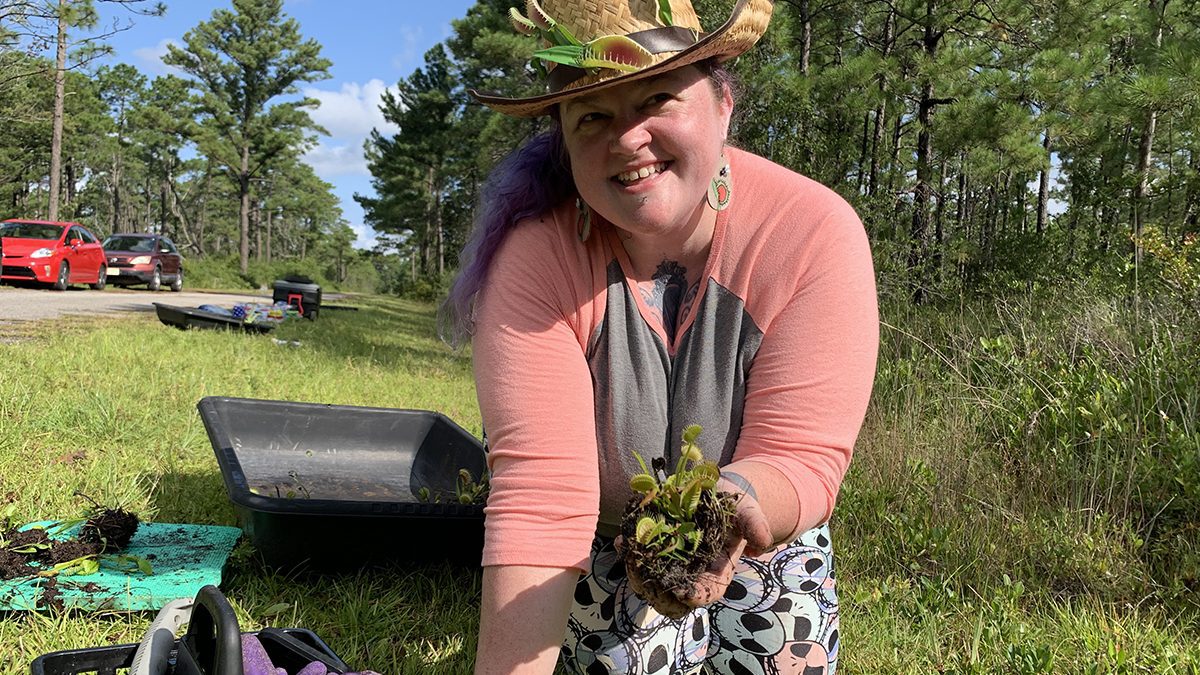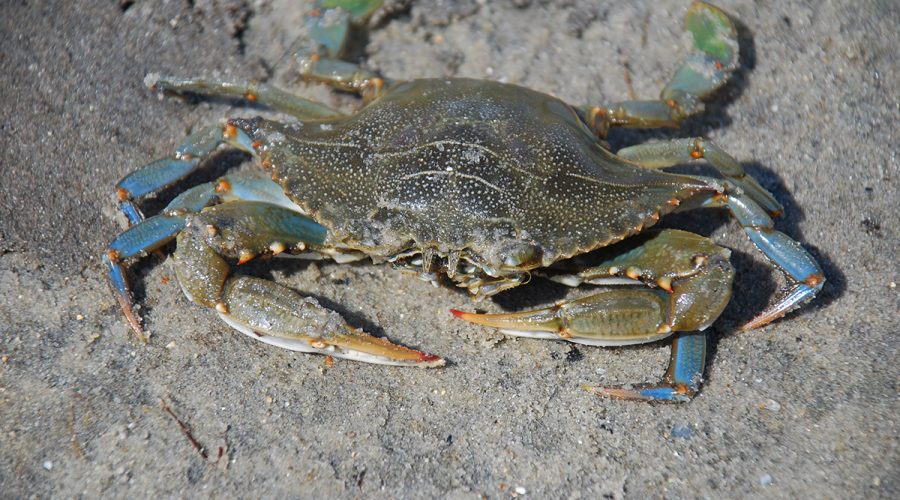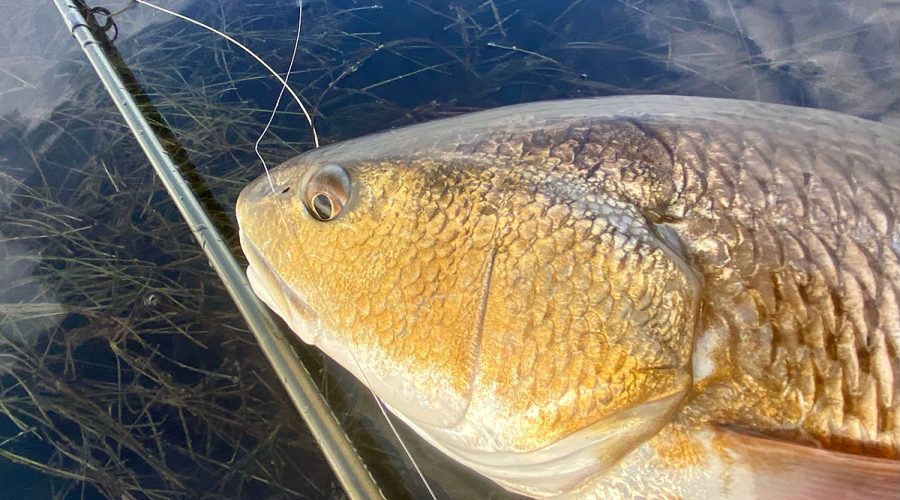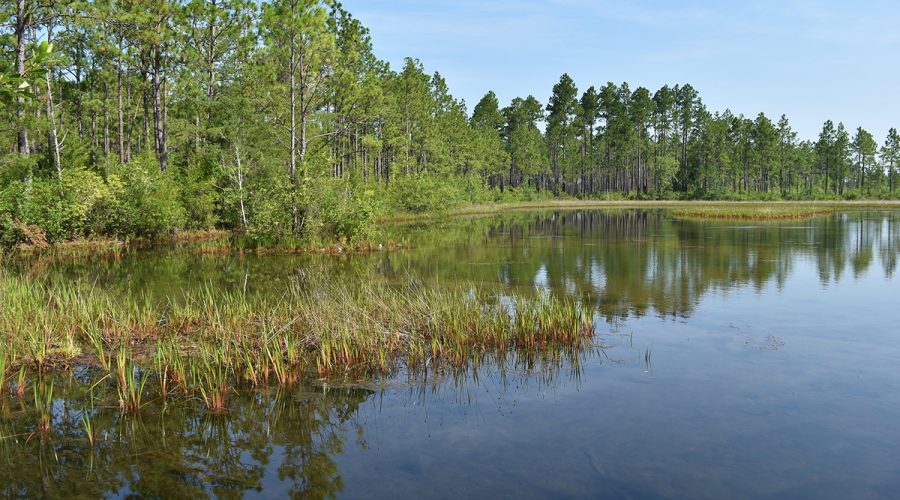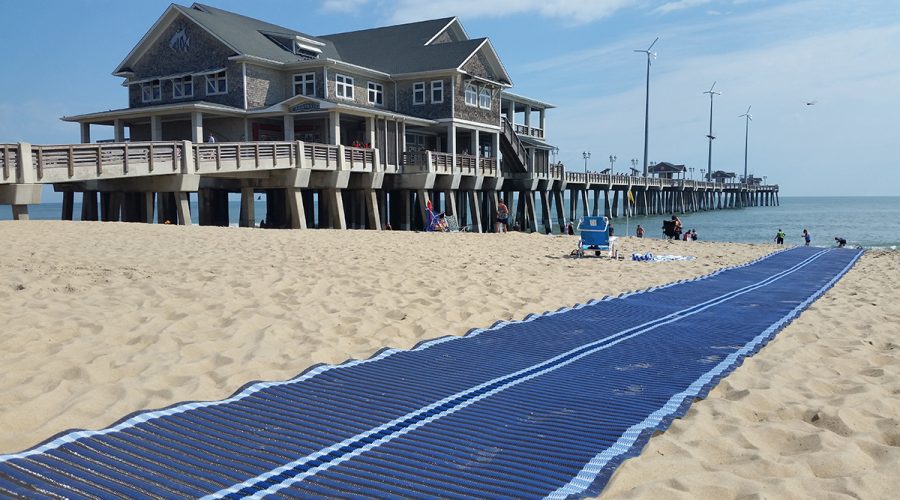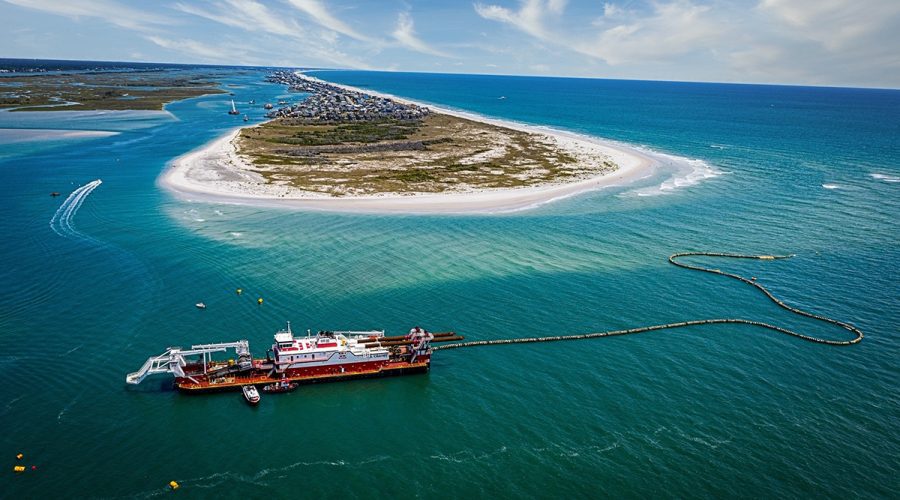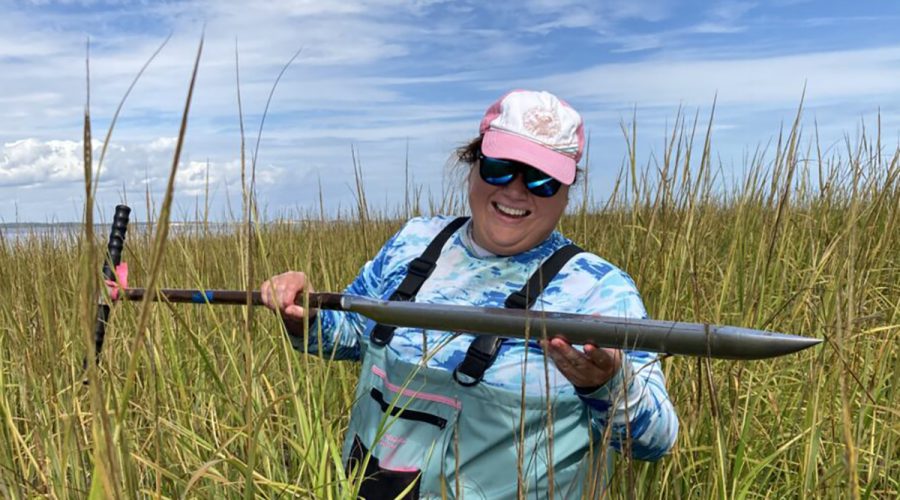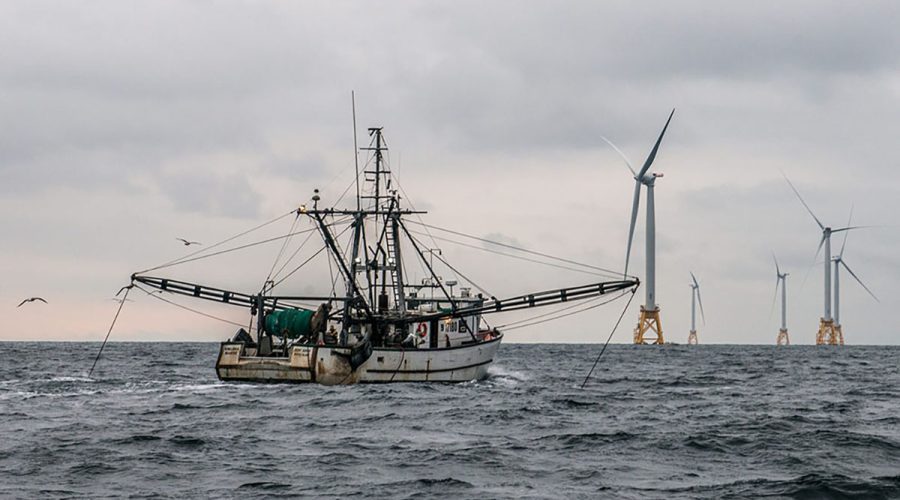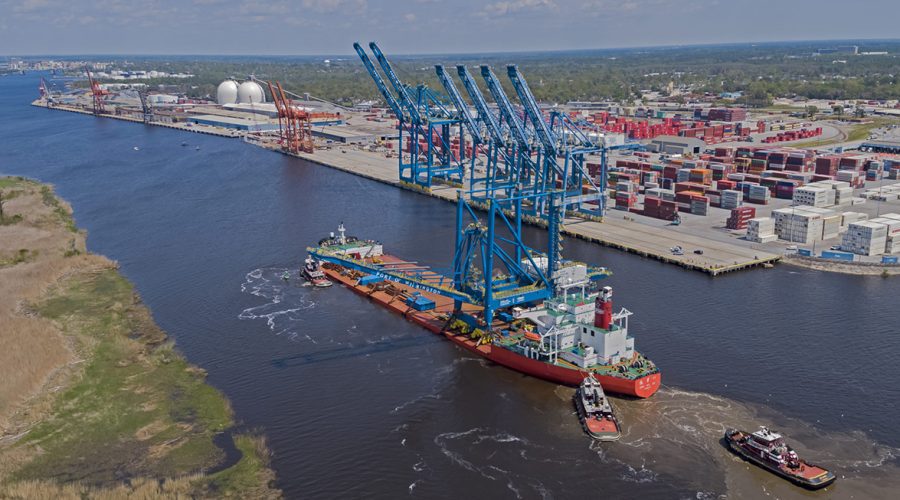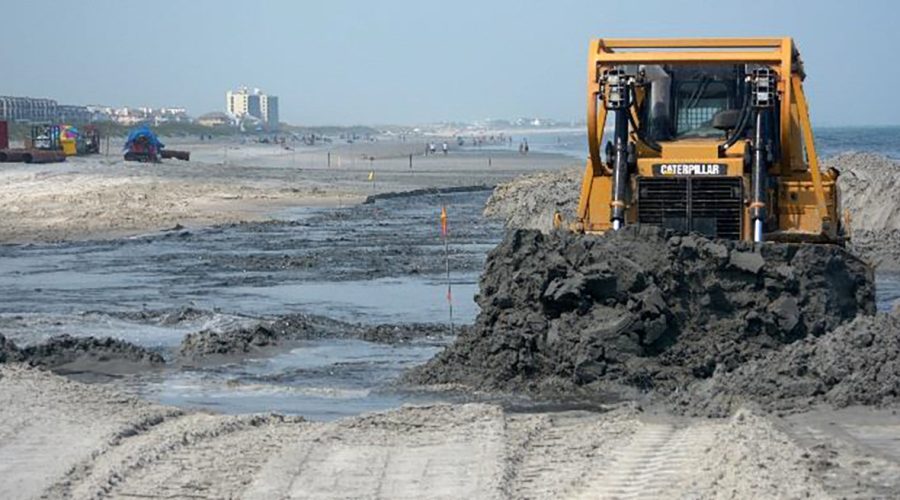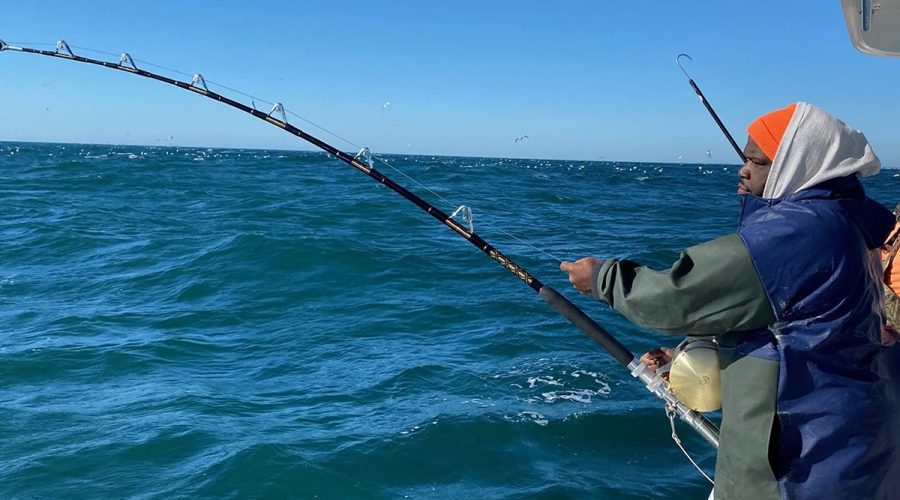The perennial, carnivorous plants have migrated to ditches alongside the roadsides in Boiling Spring Lakes, but imminent development has made their relocation a race against time.
Abundant elsewhere, NC’s blue crab population dwindles
The state’s commercial harvests of blue crabs topped 67 million pounds in the mid ’90s, but there’s been a generally steady decline ever since, and while overfished, that’s not the only reason.
Saltwater fish may be in future Cape Fear health advisories
Results of saltwater fish tissue currently being analyzed for perfluorooctane sulfonic acid, or PFOS, are expected later this year, wrapping up a study of multiple species of fish collected from the Cape Fear River.
Analysis: Farm Act strips wetland safeguards, mitigation
Special report: The governor’s veto not withstanding, this legislative session’s farm bill is now law, and with it, state offsets and water quality protections for eastern North Carolina’s wetland environments may have evaporated.
Rules panel sets Aug. 15 deadline on plan for beach mats
The state rules process to allow coastal towns, counties and private beachfront property owners to use portable, roll-out mats as an alternative to traditional beach walkover structures continues.
Calls to act on Topsail plan yield frustration, hearing date
Topsail Beach commissioners Wednesday set a public hearing for September and agreed to hold a workshop to discuss possible conditions for approval of the rezoning request Raleigh software entrepreneur Todd Olson submitted last October and that the planning board voted down in May.
Mariko Polk celebrates doctorate, new career with Sea Grant
The coastal processes specialist with North Carolina Sea Grant recently completed her studies and stepped into the job long held by Spencer Rogers, who retired last year.
NC joins pact to cover offshore wind-related fisheries losses
The East Coast Fisheries Mitigation Project seeks to improve upon what had been a project-by-project, state-by-state approach to address fishing industries’ concerns over offshore wind development.
Advocates cite risks of planned shipping channel project
The proposed deepening and widening of the Wilmington Harbor to accommodate larger ships is the latest in what Cape Fear River advocates say is a long list of threats.
FarmsSHARE connects growers, underserved communities
FarmsSHARE, a statewide food assistance program that was meant to be temporary during the pandemic, has grown into a network that continues to feed those in need and supports small farms.
Topsail Beach Planning Board votes no on rezoning request
The town planning board Wednesday was unanimous in recommending that commissioners deny a request to rezone property at the south end of town now zoned conservation.
Corps allows channel sand for Wrightsville Beach project
The Army Corps of Engineers will exercise a federal Coastal Barrier Resources Act emergency exception and take sand for Wrightsville Beach nourishment from the Masonboro Inlet/Banks Channel borrow source instead of an offshore borrow site.
Park service seeks 10-year dredge, beach sand permit
For the first time in more than a decade, the National Park Service hopes to unclog two channels that passenger ferries and private boaters use to access Cape Lookout National Seashore, and place the material that is dredged onto the soundside beach in front of the lighthouse compound.
States greatly underestimate extreme heat hazards: Study
A recent Duke University analysis finds that state emergency management departments are underestimating the growing threat of excessive heat as the climate changes.
Topsail Beach holds hearing on inlet property rezoning
The request to rezone “The Point” from conservation to conditional use would allow Raleigh tech CEO Todd Olson to pursue plans to build a family compound.
Black Carolinians in fishing industry heart of new exhibit
NC Catch, the nonprofit that works to educate consumers about the importance of buying local seafood, is heading up a collaboration with Black seafood business owners and historians to create the N.C. Black Seafood Trail.

